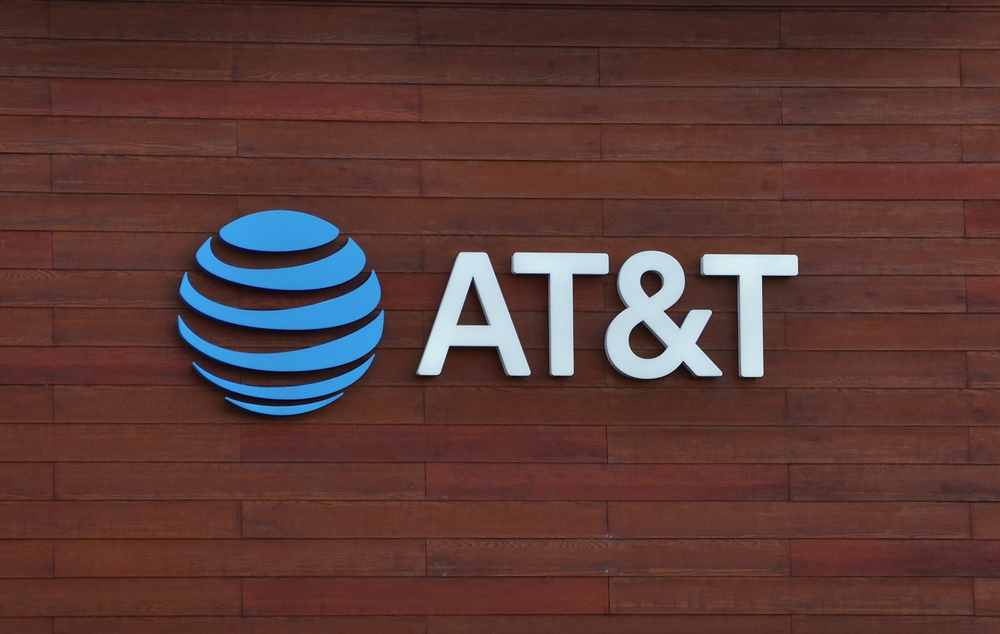An American judge has ruled that AT&T will be held answerable in a $224 million lawsuit filed by a cryptocurrency user who lost a significant portion of his holdings to a SIM swap attack. In his lawsuit, the defendant Michael Terpin blamed AT&T for allowing hackers to gain access to his SIM card.
While it is unclear how the hackers subverted AT&T’s verification process, the hackers managed to steal $24 million worth of Terpin’s cryptocurrency after gaining access. Terpin accused AT&T of covering up an inside job and alleged that it was carried out by a corrupt and disgruntled employee.
Sponsored
$24 Million in Cryptocurrency Stolen
Terpin said that he was grateful to Judge Wright for refusing to dismiss the lawsuit. He added that they must be held accountable for their actions and that, if the company showed the same amount of concern for revamping its security as it did for suppressing evidence, they would not be battling in court at all.
Sponsored SponsoredTerpin’s counsel stated:
“Judge Wright strongly repudiated AT&T’s audacious bid to prevent Michael from demonstrating to a jury the carrier’s contempt for consumers’ privacy and utter disregard of its legal obligations to prevent this very type of SIM swap and financial crime.”
The counsel further stated that AT&T allowed hackers posing as Terpin to perform a SIM swap attack on two separate occasions.
Michael Terpin is a high profile blockchain investor, known for co-founding BitAngels, the first angel group for Bitcoin investors in 2013, and the first digital currency fund, DApps Fund, in March 2014. Terpin is also the founder of Transform Group, a PR and advisory company for blockchain companies.

AT&T Faces Serious Customer Privacy Violations in Lawsuit
SponsoredIn the complaint document filed with the District Court of California, Terpin alleged that AT&T forced consumers to sign a contract that would relinquish their rights to hold the telecom carrier liable for any “wrongful” acts. Judge Wright commented that Terpin sought to declare AT&T’s customer agreement as void since it is against public policy.
In its customer agreement, AT&T maintains provisions that would excuse itself from facing liability against any negligence. Terpin said that these provisions in the contract would make it “unenforceable” and illegal. Terpin added that AT&T allowed access to his personal information such as account information and private communication, where he claimed that AT&T violated the Federal Communications Act.
Nevertheless, if the court rules in favor of Terpin, AT&T will likely end up paying him a hefty amount in compensation. Adding to this, AT&T will be in violation of federal law, if it is found to be in breach of U.S. privacy and communication laws.
Do you believe Terpin has a strong enough case against AT&T to win the lawsuit? Let us know your thoughts in the comments below.

